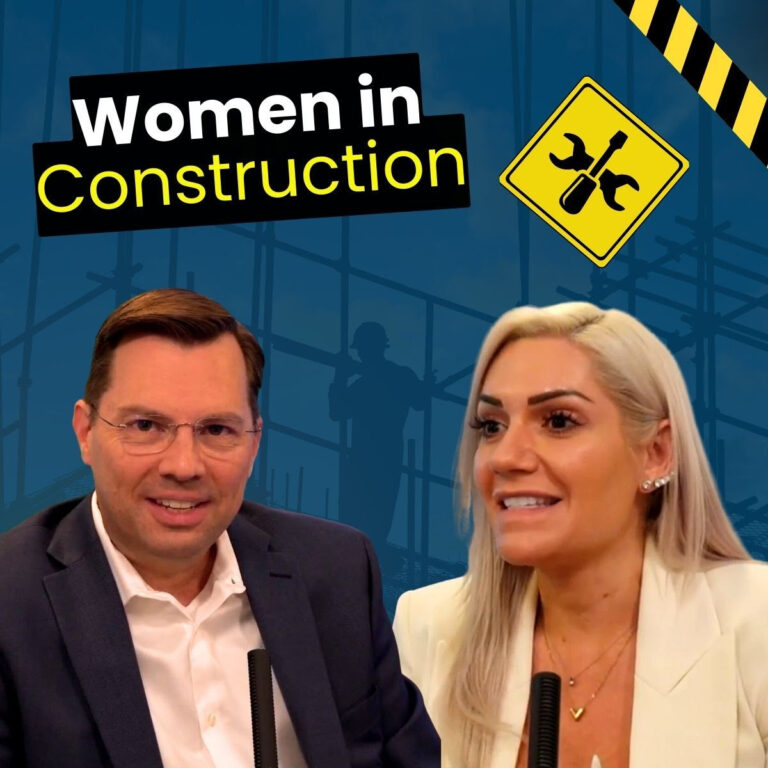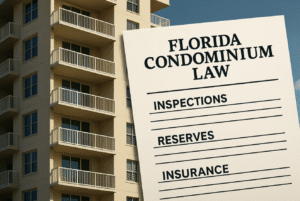1 big thing: Updates on the commission lawsuit
Drawing closer to July, timelines and logistics are coming into focus regarding when and how the NAR’s settlement will be implemented nationwide.
Why it matters: Realtors and other real estate professionals will have to stay abreast of the quickly shifting sands to ensure they’re ready for the changes to how things have been traditionally handled in real estate transactions for over 50 years.
Situation Awareness: While the originally reported settlement agreement called for the changes to business practices to occur by mid-July — whether the court had approved the settlement yet or not — that has moved back. NAR’s chief legal counsel sent out a letter to members last week that set forth hard dates for changes to occur:
Multiple listing services that opted into the settlement must carry out the changes (removing commission-sharing entries) no later than September 16, 2024, but should do it by August 17 if possible.
According to HousingWire, “The policy changes will require an MLS ‘to eliminate all broker compensation fields and compensation information in the MLS,’ and ‘to not create, facilitate, or support any non-MLS mechanism (including by providing listing information to an internet aggregator’s website for such purpose) for Participants, Subscribers, or sellers to make offers of compensation to buyer brokers or other buyer representatives.’”
Agents must also provide compensation disclosures to buyers and obtain written compensation agreements from buyers by the new deadline.
What we’re hearing: Local large brokerages, like Keller Williams, have started training new and experienced agents on buyer-agency agreements as well as how to address compensation issues with other agents.
NAR is also updating its FAQ’s regarding the settlement with new answers to questions at least weekly, leading up to the deadline, recently adding details about the required buyer-broker agreements.
One fun thing in closing: FannieMae, FreddieMac, and FHA have all reiterated that they will not count buyer’s agent commissions toward the 2%-9% of the purchase price the seller can contribute on the buyer’s behalf at closing.
2. 💼 Florida's Agreement for Deed: What Buyers and Sellers Need to Know

Lorem ipsum dolor sit amet, consectetur adipiscing elit. Ut elit tellus, luctus nec ullamcorper mattis, pulvinar dapibus leo.
Under Florida law, buyers under an Agreement for Deed have equitable title to the property that the seller must foreclose like a mortgage in case of default.
Why it matters: Understanding the implications of an Agreement for Deed is crucial for buyers and sellers, as it affects their legal rights and responsibilities.
The big picture: An Agreement for Deed is a legally complex document that combines a deed, promissory note, and mortgage.
 Why it’s newsworthy now: We’re hearing from wholesalers that “installment sales” are the latest buzzwords in this area of real estate investing.
Why it’s newsworthy now: We’re hearing from wholesalers that “installment sales” are the latest buzzwords in this area of real estate investing.
Such contracts give the buyer (investor) equitable property rights and allow them to list the property in the MLS for sale.
Yes, but: In Florida, it’s expensive to record agreements for deed (installment sales contracts) because you have to pay documentary and intangibles taxes at the time of recording.
Also, if there’s a default, the seller has to file a foreclosure action to clear the agreement for deed from the chain of title if the buyer is unwilling to quitclaim deed the property back to the seller.
 Our thought bubble: We’ve prepared and recorded dozens of agreements for deed in our practice for investors who have sold the property on seller financing. Using this tool as a different way to wholesale a property (just for the ability to list the property for sale on the MLS) wouldn’t make much sense based on the costs involved, and the typically short period of time between entering a contract to purchase a property from a seller and then selling the property to another investor-buyer.
Our thought bubble: We’ve prepared and recorded dozens of agreements for deed in our practice for investors who have sold the property on seller financing. Using this tool as a different way to wholesale a property (just for the ability to list the property for sale on the MLS) wouldn’t make much sense based on the costs involved, and the typically short period of time between entering a contract to purchase a property from a seller and then selling the property to another investor-buyer.
Also, most wholesalers we know would not want to list a property on the MLS.
That would attract retail buyers who could not use conventional financing to purchase a home that has recently been subjected to an agreement for deed installment sales contract. Think “seasoning.”
Unless wholesaling is outlawed in Florida, why open an expensive can of worms for the ability to list a property on the MLS?
The bottom line: Buyers and sellers involved in an Agreement for Deed should be aware of its significant financial obligations and potential restrictions.

This week, I had the pleasure of talking with Kait Doulou, who is a general contractor and real estate broker.
We discuss her journey of entrepreneurship and get her thoughts on why the world needs more women at all levels of the construction industry.
Don’t miss Kait’s captivating tales and advice.
3. Catch up fast

Orlando condominium owners have to come up with $11,000+ by July to pay special assessments to bring their reserves up to new statutory requirements. The first of many stories like this to come. WOGX
Does every real estate agent want their own TV show? NYT
30-year fixed rate mortgage interest falls for the first time since March. Bloomberg (gift link for 7 days)
“Seriously underwater” home mortgages tick up, but the number is still far lower than they were pre-pandemic, revealing a cooling housing market. Bloomberg (gift link for 7 days)
A historical perspective on why the Fed is designed to be politically isolated and how turning control of it over to the White House (or any politicians with eyes focused on holding onto their office) could shake up U.S. and global markets. Bigger Pockets
4. Closing Thought

I grabbed this photo of a blooming dogwood in Chapel Hill when I was there a few weeks ago. Over 95% of the dogwoods in some areas have died from a fungus that is quickly pushing this tree to extinction. The same fungus, spreading rapidly because of climate change, infects leaves, flowers, fruit, and stems of many other types of trees. Unfortunately, the tree in the picture above will also die within the next two to three years as the fungal infection takes hold at the edge of its leaves. Dogwoods are just the canary in the coal mine. Photo: Joe Seagle
Early into this new podcasting venture, I’m starting to see patterns common among the successful entrepreneurs I’ve met.
Why it matters: Figuring out the secret sauce of success is never easy, and what works for one may not work for another. But when you start to hear the same tactics and strategies repeatedly from successful people, it’s time to take notice.
Whether they’re small or large real estate investors, working each day or semi-retired, they have some of the same habits:
Meditation: Whether saying a prayer before getting out of bed each morning, taking a half hour each day to reflect on and visualize their success, or spending time in silence at the end of the day to clear their minds, successful business owners focus on mental clarity through intentional meditation every day.
Growth and Transformation: Successful leaders have a growth mindset, reading and studying voraciously not just their craft but all kinds of other disciplines. They’re open to not only changing their minds, but their entire business model overnight if needed. And they all have mentors, coaches, counselors, doctors and others they surround themselves with to constantly teach and push them to do more.
Just Do It: They take action. While they study, ponder, cogitate, meditate, speculate, and prognosticate, they’re quick to say, “Hell, yes! Let’s do it!” and then figure out the details of how to do it as they go along. They feel that failure to act is a greater danger than acting and failing.
Humility: Not one person I’ve interviewed has any thought that they got where they are by doing everything on their own. They acknowledge and appreciate the help of their families, spouses, employees, mentors, and customers. They genuinely appreciate those who helped them get where they are and are quick to say that they’d be nothing but for those around them, and are eager to help those coming along behind them.
Joy: They take joy in what they do. Their work-life balance comes from the fact that they love their work, which integrates into their life, and vice versa. They’ve each intentionally built businesses doing what they love so they don’t dread work, even when they’re working nights, weekends, holidays, and while on vacations.
What’s next: Stay tuned to see if you hear any other common themes from our guests.
We hope you found this helpful — any feedback is appreciated and can be shared by hitting reply or using the feedback feature below.
-
Was this email forwarded to you? Subscribe here.
-
Have an idea or issue to share? Email us.
-
Connect with us using your preferred social media and website links for MyLandTrustee and Aspire Legal Solutions.
-
Our mailing address: PO Box 547945, Orlando, FL 32854-7945
-
Our physical address: 1901 West Colonial Drive, First Floor, Orlando, FL 32804
Be on the lookout for our next issue!





